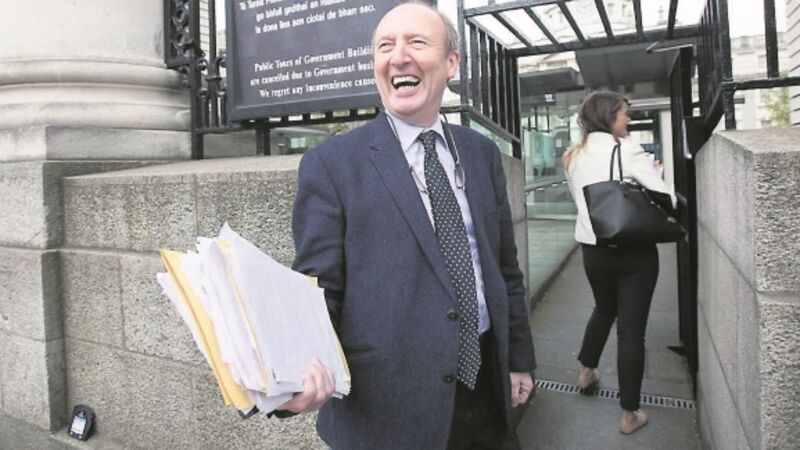When policing is influenced by parish-pump politics

Which rural or urban Garda stations are about to be re-opened? Go on, have a guess. On Tuesday, the Government agreed guidelines for a process aimed at reopening six of the 139 stations that have closed since 2011.
Ostensibly, this is being presented as an exercise in revisiting what was one of the more controversial policy decisions of the last government. The big question now is which areas will be the lucky recipients of this latest policy initiative.















